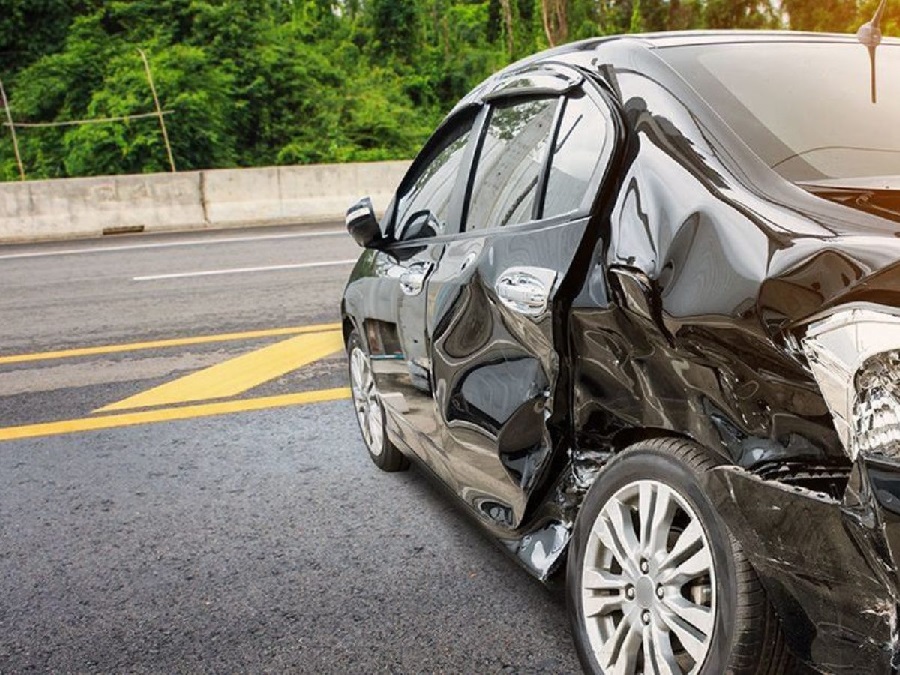If you own one of the 1.4 billion cars on the road today, you may be familiar with the reality of car battery replacement.
But even if you only recently bought your first car and your battery is still relatively new, it helps to get familiar with the idea of having to replace this important component one day. No matter how top-notch your current battery is, it won’t last forever.
You can expect a car battery life span of two to five years on average. But the exact amount of time it’ll take to replace your current battery can vary depending on various factors.
In today’s post, we look at the most important determinants of how long a car battery lasts. Let’s delve right in.
Car Battery Build Quality
The biggest determinant of how long a car battery will last is its quality. In general, car batteries made with high-quality materials and construction techniques will last longer than those that are not. One of the most important elements of build quality is the type of lead used in the battery.
Lead-acid batteries are the most common type of car battery, and they usually have a lifespan of 3-5 years. However, batteries that use calcium-based lead or other advanced lead compounds can last twice as long. You also notice better car battery efficiency with the latter.
It also helps to do your research and buy a battery from a reputable manufacturer, such as RB Battery. Sure, you might have to pay a little more upfront, but it will be worth it in the long run.
A high-quality battery will give you peace of mind knowing that your car is running on a reliable power source.
Frequency of Use
How long your car’s battery will last depends on how often you use it. If you only drive a short distance to work and back each day, your battery will last longer than if you’re constantly driving long distances.
The reason for this is that the battery is constantly being charged and discharged as you use your car. When you drive long distances, the battery has to work harder to keep the car running, and this can shorten its lifespan.
However, if you regularly drive medium distances and never let the battery voltage run low, it will last longer because it won’t be overworked.
You Car’s Mechanical Health
Many factors affect how long a car battery will last, but one of the most important is the vehicle’s mechanical health.
A well-maintained car with no major mechanical issues will typically have a battery that lasts much longer than a car constantly breaking down. This is because a healthy car places less strain on the battery, and it is also less likely to have electrical problems that can shorten the lifespan of the battery.
Thus, keeping your vehicle in good working order is important if you want your car battery to last as long as possible.
Your Driving Conditions
Severe driving conditions can shorten your car battery’s lifespan. If you frequently drive in hot weather, your battery is likely to degrade faster than if you drove in cooler conditions. The heat causes the chemicals inside the battery to break down, reducing its capacity and eventually leading to failure.
Similarly, cold weather can also damage your battery. When it’s cold outside, your engine has to work harder to start, putting extra strain on the battery. As a result, batteries tend to die more quickly in extreme temperatures.
The best way to extend your car battery’s life, thus, is to stick to normal driving conditions if you can.
Battery Maintenance and Care
Just like the rest of your car, the battery needs proper care and maintenance to keep running efficiently. Maintenance also helps you get more life out of your battery.
Check your owner’s manual for any special manufacturer’s recommendations on how to care for the battery. Generally, you’ll need to keep your battery clean and free of corrosion. This will help prevent electrical shorts and maximize the surface area that makes contact with the battery terminals.
Make sure the terminals are tight and not loose. Dirty or loose terminals can also cause electrical shorts. If you have a lead-acid battery, you should regularly check the water level and top it off with distilled water.
Exposure to extreme temperatures, whether hot or cold, can shorten your battery’s lifespan, so try to keep it in a temperature-controlled environment when possible.
Car Battery Positioning
You might not give much thought to where your car battery is located, but the position of your battery can have a big impact on its lifespan. If your battery is mounted in an exposed position, it is more likely to be damaged by debris or bumps.
Conversely, if your battery is too hidden, it can be difficult to access and service. The best position for your car battery strikes a balance between these two extremes.
It should be easily accessible for maintenance and protected from potential causes of damage.
Stretch Your Car Battery Life Span Today
Everything from the climate to your driving habits plays a role in your car battery life span. Now that you know what to look out for, you can take steps to make sure your battery is always in good condition and ready to go when you need it.
Did you enjoy reading this article? Please keep visiting our blog for more exciting content.












Comments